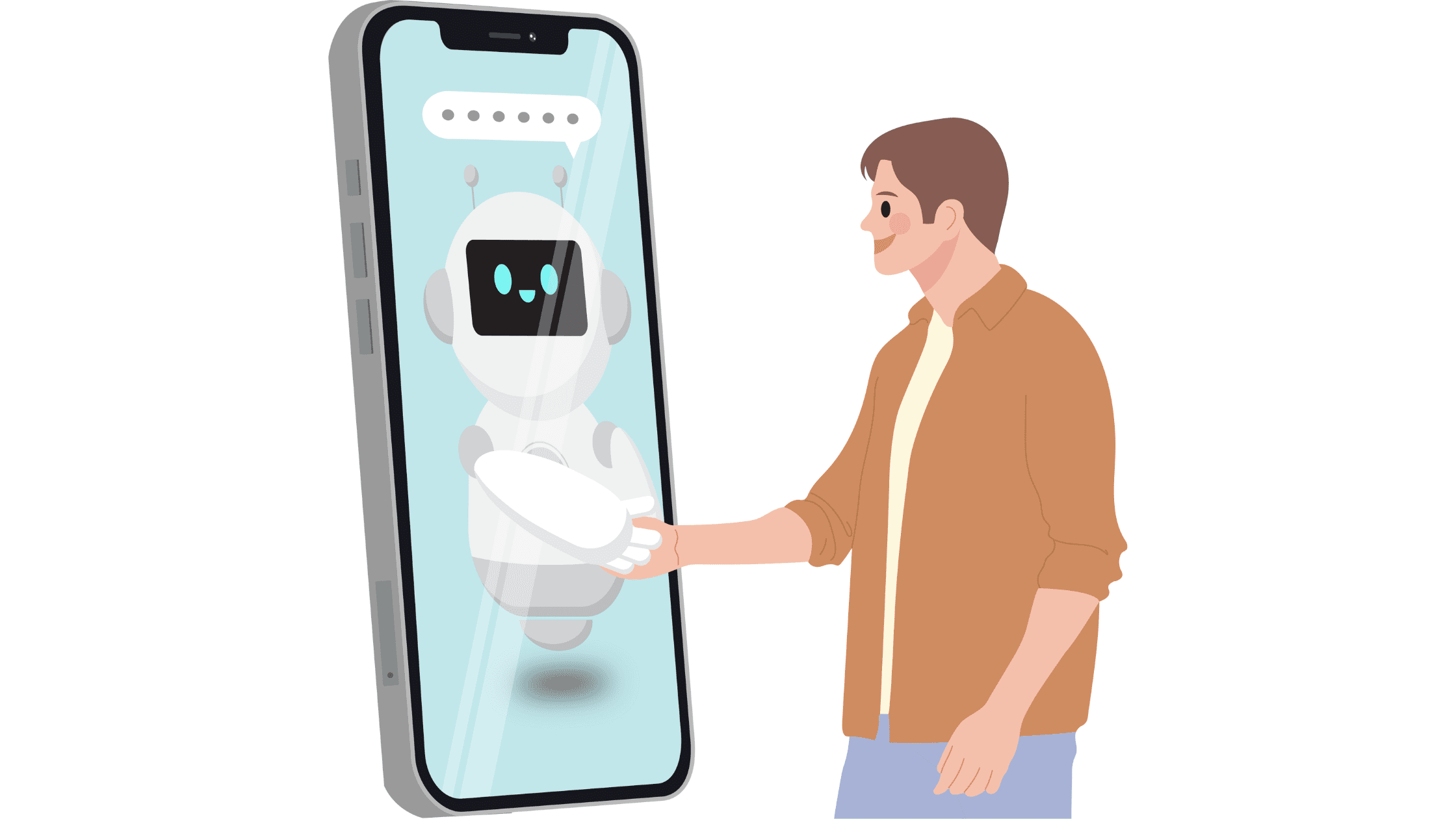2024 recruitment marks a pivotal moment in the history of recruitment. With Artificial Intelligence (AI) and automation revolutionizing the way organizations identify, attract, and retain top talent. In this blog post, we will explore the unprecedented impact of AI and automation on talent acquisition processes. We’ll discuss the benefits and challenges that come with this paradigm shift. We’ll also emphasizing the importance of maintaining a human touch in the hiring approach.
Streamlining 2024 Recruitment Processes: AI has emerged as a game-changer in streamlining various recruitment processes. Automated resume screening tools powered by machine learning algorithms help recruiters sift through large pools of applicants more efficiently, allowing them to focus on candidates who best match the job requirements. This not only accelerates the hiring process but also ensures a more objective and unbiased selection.
However, it is essential to recognize that even with the efficiency gains AI brings, the nuanced aspects of candidate evaluation, such as cultural fit and interpersonal skills, are best assessed through human interaction. Thus, while AI can expedite initial screening, the human touch remains crucial in the final stages of the hiring process.
At Zephyr Connects®, we firmly believe in the power of human connection. Recognizing that top-tier candidates often have various career options, we understand the importance of making a lasting first impression. Are you interested in delving deeper into our distinctive process to enhance your team’s growth? Begin the conversation today by setting up a discovery call
Enhancing Candidate Experience: The integration of AI in 2024 recruitment goes beyond just the efficiency of processes; it significantly contributes to enhancing the overall candidate experience. Chatbots powered by natural language processing (NLP) provide instant responses to candidate queries, schedule interviews, and collect relevant information.
Despite these technological advances, the importance of personal connection cannot be overstated. Candidates still value the authenticity and empathy that a human recruiter brings to the table. Incorporating a human touch into interactions, especially during critical stages like interviews, ensures that candidates feel valued and understood. This contributes to a positive employer brand.
Predictive Analytics for Smarter Decision-Making: One of the most exciting developments in AI-driven recruitment is the use of predictive analytics. Machine learning algorithms analyze vast datasets to predict candidate success based on historical hiring data. This enables recruiters to make more informed decisions regarding candidate suitability, reducing the risk of a mismatch between the candidate and the role.
However, human judgment and intuition play a crucial role in interpreting the cultural dynamics. Soft skills might not be captured by algorithms. While predictive analytics provide valuable insights. A human touch is essential for making nuanced decisions that align with the organization’s values and long-term goals.
Diversity and Inclusion: AI has the potential to address biases in the hiring process and contribute to building more diverse and inclusive workplaces. By eliminating human biases in resume screening and interview processes, AI helps ensure that candidates are evaluated based on their skills and qualifications rather than demographic factors. This fosters a culture of equality and fairness within organizations.
Yet, it is important to note that the responsibility for fostering an inclusive work environment ultimately rests on the shoulders of human leaders. AI can support the efforts, but it’s the human touch in understanding diverse perspectives, experiences, and aspirations that truly drives a culture of inclusion.
Want more information about Diversity and Inclusion in the workplace? We’ve got you covered – Strategies For Building Diversity and Inclusion In Your 2024 Recruitment
Challenges and Considerations: While the benefits of AI and automation in talent acquisition are substantial, it’s crucial to acknowledge and address the challenges associated with their implementation. Concerns about data privacy, algorithmic biases, and the potential for job displacement must be carefully navigated. You should ensure ethical and responsible use of technology in recruitment.
Conclusion: As we continue to embrace the transformative potential of AI in recruitment, the key lies in striking a balance between technological innovation and human-centric values for a future where talent acquisition is more efficient, objective, and equitable. Recognizing the irreplaceable value of the human touch ensures that organizations leverage technology as a tool to augment. Instead of replacing, the essence of human connection in the hiring process. In this harmonious integration, the future of talent acquisition holds the promise of being both technologically advanced and profoundly human.
Thirsty for more knowledge? Head over to our blog page to learn more – Zephyr Connects® Blogs

